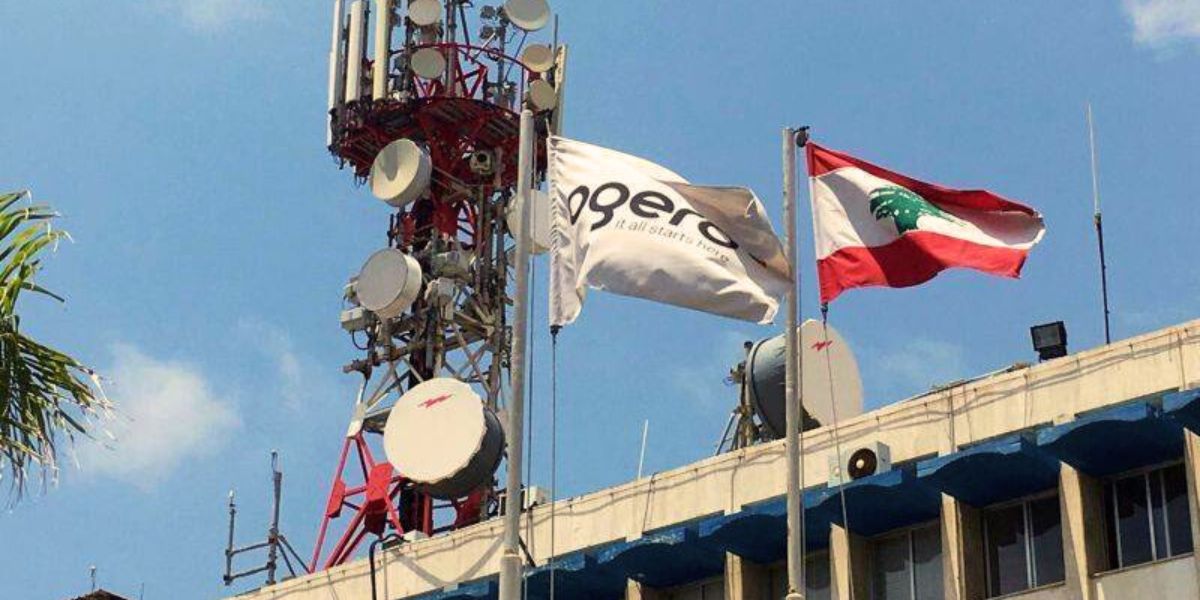The economic crisis has plunged many Lebanese into lows that they had never experienced before. While roughly half of the country has fallen into poverty, “hunger crimes” have become more abundant.
Before the crisis and black-market money changers boosted the Lebanese pound’s depreciation, the cost of one brand of baby milk cost 22,000 Lebanese pounds and a bag of one type of diapers did not exceed 15,000 pounds.
Today, with the market’s LBP/USD exchange rate fluctuating between 8,000 and 9,000 instead of the official 1,507, the above prices jumped to 45,000 and 34,000 pounds, respectively.
The same fate has been met by the majority of unsubsidized commodities, which are many, and even the most basic food item: bread, a pack of which (900 g) now costs 2,000 LBP instead of 1,500.
The insane jump in prices, coupled with a similar jump in unemployment rates, has pushed some to adopt darker methods to secure sustenance for themselves and their families.
Crime rates have increased significantly compared to the past few years. Murder, petty theft, and grand theft are on the rise, Lebanon’s Internal Security Forces recently revealed.
Notably, many of the recently recorded instances of petty theft involved baby milk, other food items, and medicinal drugs, and many victims have reported that their robbers apologized after committing the crime.
One such instance narrated to the AFP by the victim, saw a man in his 40s rob a 37-year-old graphic designer at night in Beirut.
Holding the victim at knifepoint in Hamra Street, the robber asked him for money, insisting that he didn’t want to hurt him but wanted to feed his children back home who “were crying from hunger.”
Unconventionally, the man even gave the victim the option of going with him to a grocery store and buying him some food.
Scaredly but also sympathetically, Omar Zakaria said he handed some cash to the man who then rushed away on his motorbike.
Surprisingly, he stopped in his tracks, returned to Zakaria weeping and apologizing, explaining that he had lost his job and could no longer afford rent.
“He told me that he was not a thief but that he was hungry and so were his children,” Zakaria recalled. He refused to take the money back.
This harsh reality of poverty is something that countless Lebanese have been forced to struggle through every day, often silently.
A recent report predicted that in the coming months, the crisis will cause people in Lebanon to die of hunger.
On a side note, the Economy Ministry recently launched its “food basket,” i.e. the list of subsidized items that will be pegged at 3,900 Lebanese pounds per one U.S. dollar regardless of the black market’s disastrous fluctuations.
The basket is expected to provide around 80% of the average Lebanese consumer’s needs. Hopefully, it will also help evade the aforementioned harrowing scenario and end the incentive for the so-called “hunger crimes.”

















